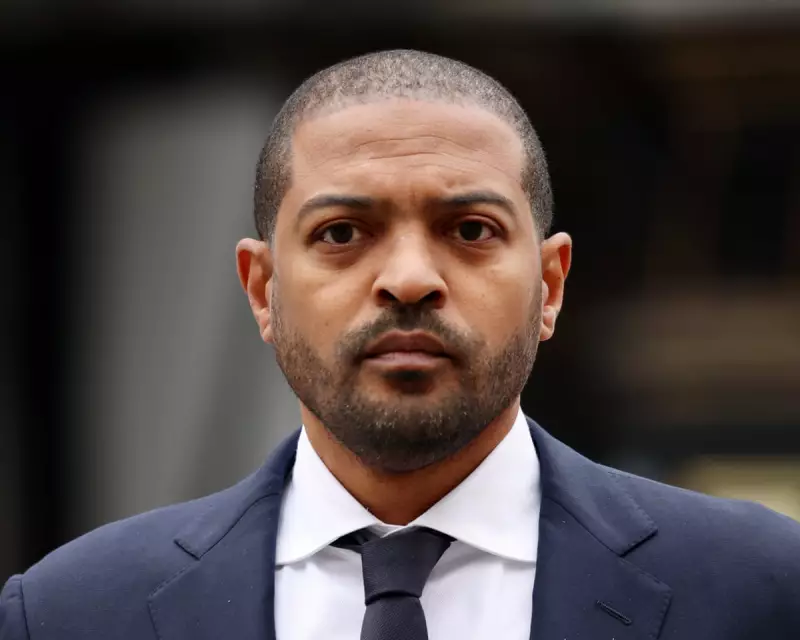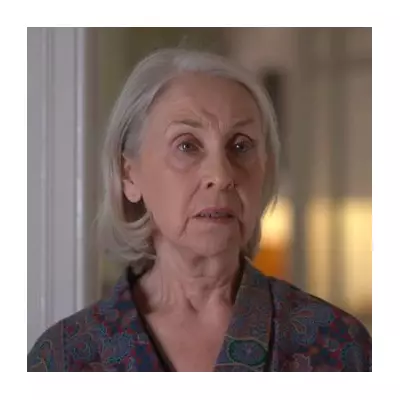
In a resounding victory for both survivors and the free press, the High Court has thrown out actor Noel Clarke's libel claim against The Guardian. The decision marks a definitive end to a four-year legal battle that began after the newspaper published allegations of sexual misconduct against him from multiple women.
Mr. Clarke, known for his role in 'Kidulthood', sued the publisher after it ran investigations in 2021 detailing accounts from 20 women who made claims of groping, harassment, and bullying. The court's dismissal is being celebrated as a watershed moment that reinforces the media's role in holding powerful figures to account.
A Triumph for Survivors and Truth
Women's advocacy groups have hailed the judgment as a monumental win. A spokesperson for the End Violence Against Women Coalition stated the outcome sends an unequivocal message that the courts will not be used to silence victims or stifle legitimate public interest journalism.
The ruling underscores the principle that defamation law should not be weaponised to prevent survivors from speaking out or to deter news organisations from investigating serious allegations.
Chilling Effect on Press Freedom Averted
Media law experts are warning that had Clarke's case succeeded, it would have had a severe chilling effect on investigative reporting in the UK. The defence, funded by the Guardian, argued the case was an attempt to use the UK's costly legal system to intimidate and silence public interest reporting.
This victory is seen as crucial for safeguarding the financial viability of news outlets, particularly when facing expensive litigation for publishing stories that are firmly in the public interest.
The Allegations and the Aftermath
The original Guardian reports contained detailed accounts from women within the film and TV industry who worked with Clarke. The allegations, which Clarke has consistently denied, ranged from inappropriate sharing of intimate photos to unwanted sexual contact.
Following the publication, Clarke was suspended by BAFTA, which had recently awarded him an outstanding British contribution to cinema prize, and his production company was dropped by its distributor. This legal conclusion solidifies the public record on the matter.
The judgment is expected to empower more survivors to come forward and embolden newsrooms to pursue complex investigations into figures of influence, knowing the judiciary will protect responsible journalism.





